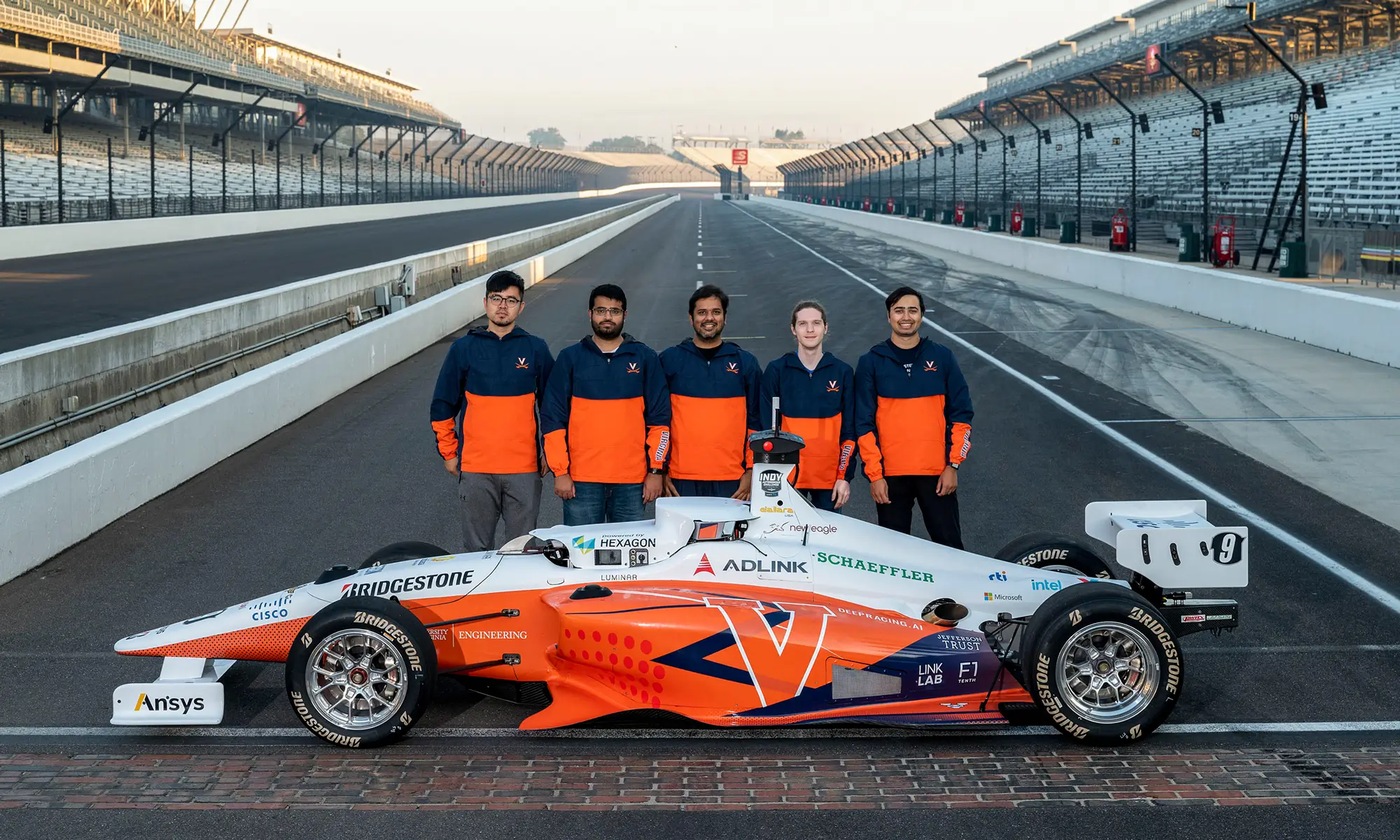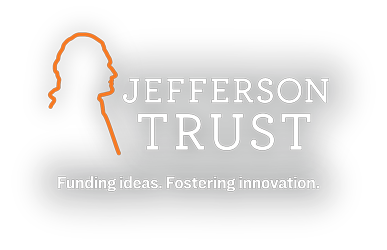
The Jefferson Trust, an initiative of the University of Virginia Alumni Association, approved 13 new grants totaling $800,579 after a dedicated review process.
Many of the grants this year sought to provide innovative educational experiences for University of Virginia students.
Established by the Alumni Association in 2006, the Jefferson Trust has invested in 192 initiatives, representing over $7.8 million, brought forth by students and faculty representing all 11 schools and a myriad of programs and organizations at UVA. With grant awards ranging from as little as $2,500 to as much as $100,000, all of these seed-funded projects add exceptional value to the UVA experience. Many evolve to become a permanent part of the fabric of the University’s life and legacy
The 2019 grants include:
Rotunda Planetarium: $30,000
The Rotunda Planetarium reconstructs Thomas Jefferson’s inaugural vision for the Rotunda Library’s dome room. The Rotunda Planetarium will run from November 2019 until June 2020.
Infectious Disease in 3D: $99,945
The proposed “Infectious Disease in 3D” program aims to build VR and AR content for teaching complex biological information in UVA classrooms. The end product will directly benefit UVA classrooms by enhancing motivation and retention of material.
Religion, Race, and Democracy: An Undergraduate Multimedia Research Project: $100,000
The Religion Lab will offer to undergraduate Student Research Collaborators: 1.) Regular training and mentorship; 2.) Funding and technology; 3.) A website to publish the research. They will also benefit from the expertise and guidance of Religion Lab faculty and staff.
Cadaver-specific virtual dissection table: $70,491
An initiative to provide state of the art interactive and psychometric learning to students in Kinesiology for the enhancement of knowledge in anatomy and patient care leading to the development of unparalleled clinical skills.
Developing Tools to Transform Student Experiences: $141,173
To develop and use web-based observation tools to not only shed light on how UVA faculty teach in their classrooms, but also to use the data from the tools to work with instructors and the broader university to improve teaching at UVA.
UVA Medical Design Program: Phase II: $81,500
The UVA Medical Design Program (UVAMDP) provides first-year medical students with hands-on instruction in the application of design thinking to address healthcare challenges.
Student Veteran’s Support Initiative: $60,000
The Veteran’s Support Initiative is seeking support to set up a structure to better meet the needs of student veterans.
Data for the Social Good: $50,000
With support from the Jefferson Trust, faculty, staff, students and alumni of the Data Science Institute will develop a set of tools to match community non-profits needing data analysis help with students and service-learning classes that can provide it.
Concussion and Headaches: $25,837.02
This project proposes to study administration of magnesium and riboflavin (two common supplements) as agents to reduce the length of time a student might experience headache following concussion.
The Flux Poetry Series: $21,800
The project proposal is a three-semester-long poetry series that will invite award-winning and influential poets to host workshops, performances, consultations, and more, bolstering the already-thriving art community at UVA.
Madayin Aboriginal Art Catalog: $56,000
The Kluge-Ruhe Aboriginal Art Collection of the University of Virginia seeks funding to produce a fully-illustrated scholarly catalog to accompany the touring exhibition “Madayin: Eight Decades of Aboriginal Bark Painting from Yirrkala, Australia.”
Reshaping Public and Archival Space: $32,260
The project is the first attempt to capture testimonies video graphically about the Black nursing experience, to be made available to a large audience. The project aims to enhance visibility of Black nurses in archives and public spaces via written documents, photographs, videos, and exhibitions.
Minority Youth Development Program: $31,573
This program aims to increase the number of underrepresented minorities, especially African-Americans, pursuing careers in architecture.

